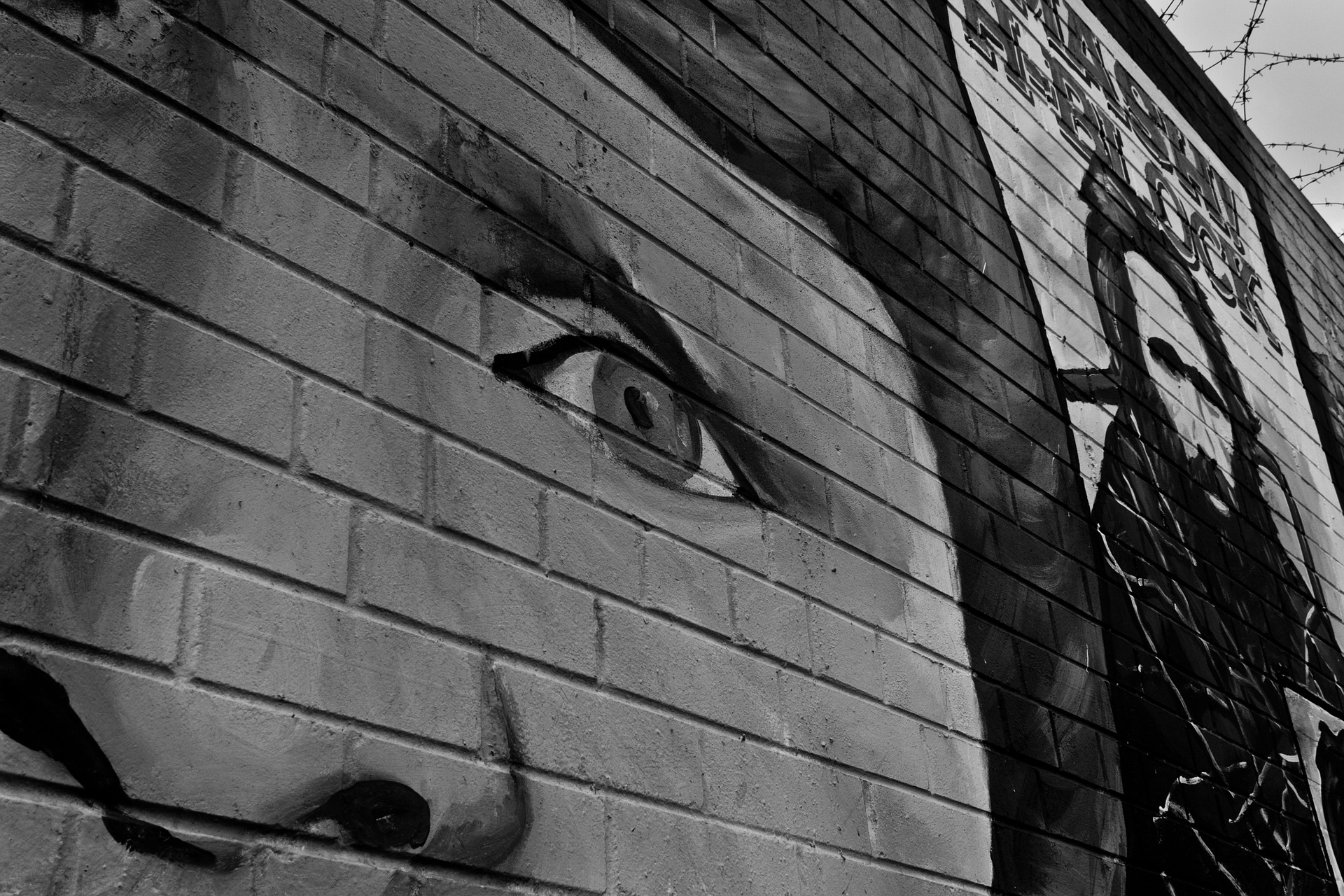
Counter-Terrorism Research: Ethical and Methodological Considerations
This training has been organised by the Security, Conflict and Justice (SCJ) Pathway. This training is aimed primary at students whose research aligns with the SCJ Pathway, but is open to students from all 7 interdisciplinary Pathways.
This workshop will bring together PhD researchers and established academics working on counter terrorism and violent extremism. The aim is to provide a platform for participants to share their experiences of tackling ethical and methodological challenges, as well as their research findings. This will benefit researchers who may be facing similar issues and open up a discussion on methodological innovation and opportunities in researching sensitive topics. This event will also serve as a valuable networking opportunity for CT/CVE researchers whereby they can interact with academics sharing similar research interests. Hopefully, this event will initiate a dialogue which will develop beyond this conference and benefit doctoral researchers and academics in the field.
- The ethical and methodological challenges of working with vulnerable participants in CVE/CT research.
- Ethical issues related to the positionality of researchers when studying perpetrators of violence.
- The potential impacts of counterterrorism legislation on CT/CVE research.
- Gaining access to security environments and professionals.
- New tools and skills for researching online extremism.
- Methodological innovations in researching CVE/CT: an account of different methods in researching sensitive topics.
See bottom of page for full programme
Workshop Organisers
Amna Kaleem, University of Sheffield
Marine Gueguin, University of Leeds
Edward Newman, University of Leeds
Madlen Nikolova, University of Sheffield
Speakers
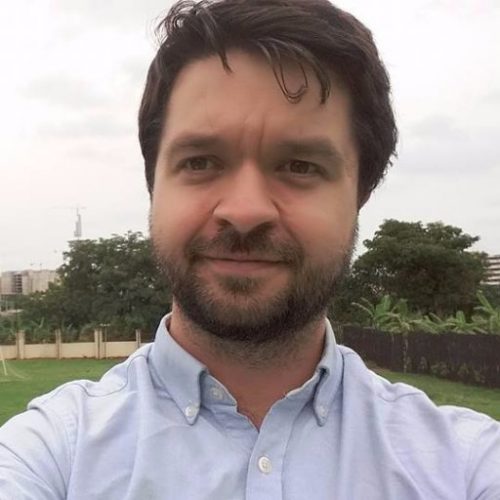
Gordon is a research fellow for the German Institute for Radicalization and De-Radicalization Studies (GIRDS), through which he is currently providing training and consultation on an organisation’s de-radicalisation programme. He is also on the editorial board for the International Centre for Counter-Terrorism (The Hague) and Studies in Conflict and Terrorism journal.
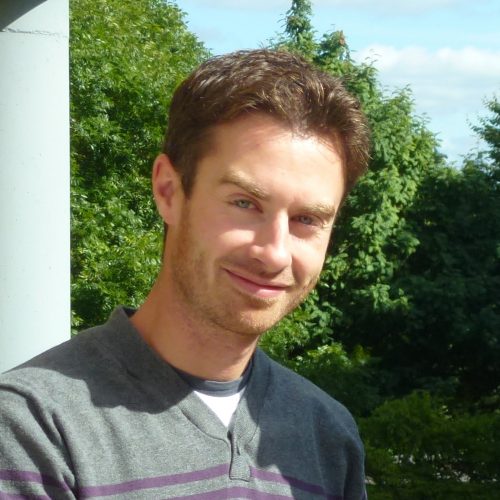
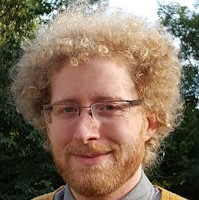
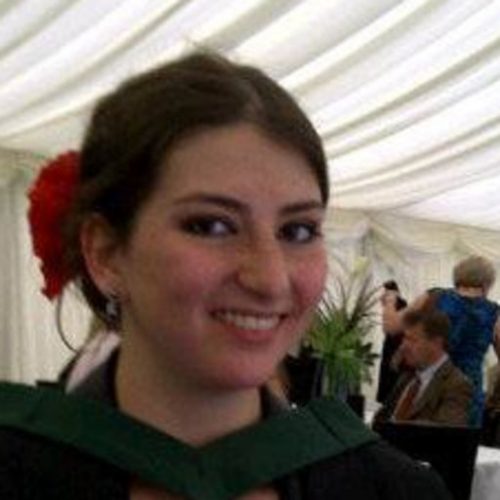
She chose to research Islamic Theology and the influence of Sunni and Shi'a theology on their respective terrorist groups. This is a topic she was particularly fascinated by and it led me to research a number of theological issues as well as developing my knowledge of social closure and conflict theories.
She is currently pursuing a PhD centred on looking at the counter terror measures currently in place in the UK and developing a model of rehabilitation for those convicted of terror. It has been pretty well recognised that counter-terrorism measures are failing and a new approach is necessary.
She is hoping to focus on rehabilitation of those convicted of terror offences in the UK, particularly with an educative approach. This would include what rehabilitation methods are already in place and how these can be developed to make counter terror policies more effective.
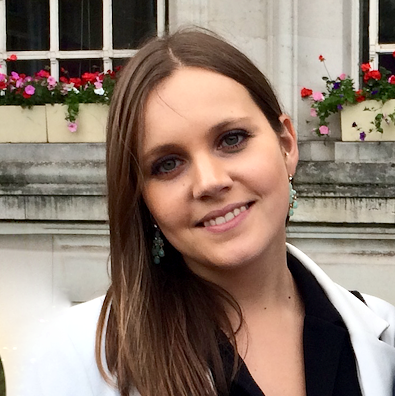
She is currently a PhD student (year 2) in International Politics with a focus on French counterterrorism strategy under the supervision of Professor Edward Newman and Dr Gordon Clubb.
She is currently a teaching assistant for the module ‘International Politics’ at the School of Politics and International Studies - University of Leeds.
Marine is also one of the Student Representative for the WRDTP Security Conflict and Justice Pathway.
Her doctoral thesis aims to examine the French counterterrorism strategy and its acceptance by the French public audience. Indeed, French case-study is under analysed within the literature on Terrorism Studies and this is the reason why she has decided to focus her doctoral thesis on the analysis of the depiction of the threat of terrorism in the French political discourses. The second aim of this research is to examine how the French audience received, perceived and accepted the frames and the label of war on terrorism designed by the French elites and how the normalization of exceptional powers came to a large acceptance within the French society.

His thesis asks how the discursive structures of US foreign policy changed during the eight years of Barack Obama’s presidency. He is particularly interested in official representations of the Middle East, North Africa, and the ‘Muslim World’, and the relationship between Obama and the institutions and structures of US statecraft.
He argues that while Obama began his presidency by talking about universal values, and the prospect of a ‘new beginning’ in America’s relationship with the rest of the world, his language became increasingly Orientalist following the Arab Spring and the emergence of the Islamic State from 2014.
His research uses a computer-aided discourse analysis of official statements taken from the White House archive. He has also written with Dr Jack Holland on Donald Trump and the post-2016 discursive war of position over the ‘common sense’ of American policy.
Holland J, Fermor B. 2017. Trump’s rhetoric at 100 days: contradictions within effective emotional narratives. Critical Studies on Security. 5(2), pp. 182-186


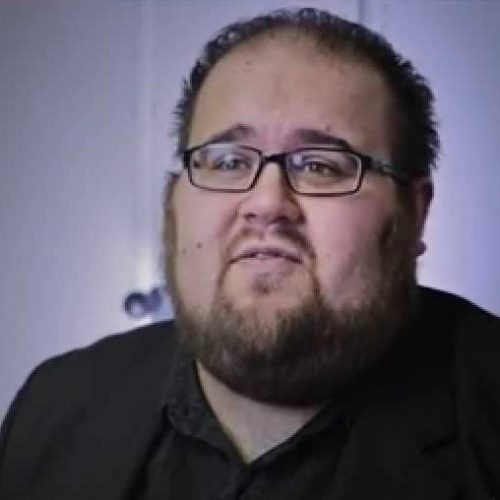

- Students will learn how experienced scholars have engaged with ethical and methodological challenges in their research in the area of terrorism research.
- Students will explore methodological innovations.
- Students will have an opportunity to receive feedback and advice in relation to their own research projects.
- The workshop will also involve discussion of research findings in relation to terrorism and radicalization.
There are 30 places available at this training event
PLEASE NOTE: Students are responsible for arranging travel to and from these Pathway Specific Training sessions. The WRDTP cannot reimburse travel costs to these sessions.
Hourly Schedule
Programme
- 9.30am - 10.00am
- Registration and refreshments
- 10.00am - 11.15am
- Panel 1: Researching Counter-Terrorism using Multi and Mixed Methods
- Discussant: Andreas Dafnos
- 10.00am - 10.15am
- Harrison Swinhoe
- Shari'a, Violence and the Caliphate: A combined methodological approach to analysing the Islamic State's strategic narratives of sovereignty and political legitimacy
- 10.15am - 10.30am
- Marine Gueguin
- Research Design and MEthodology: The practical challenges of combining elite interviews, focus groups and critical discourse analysis
- 10.30am - 10.45am
- Hager Ben JAffel
- The Path to Europe: Quantitative-qualitative analysis of capitals pertaining to the fight against terrorism
- 10.45am - 11.15am
- Q&A Session
- 11.15am - 11.30am
- Coffee Break
- 11.30am - 12.45pm
- Panel 2: Analysing Counter-Terrorism Discourses
- Discussant: Marine Gueguin
- 11.30am - 11.45am
- Ben Fermor
- Discourse Analysis, Orientalism and Barrack Obama's Counter-terrorism policy
- 11.45am - 12.00pm
- Jack Holland
- Discourse Analysis: Ethics, methods and challenges in counter-terrorism research
- 12.00pm - 12.15pm
- Gordon Clubb
- An Experimental Survey Design for Evaluating Attitudes to Deradicalisation and Re-integration of Returning Foreign Fighters
- 12.15pm - 12.45pm
- Q&A Session
- 12.45pm - 1.45pm
- Lunch Break
- 1.45pm - 3.00pm
- Panel 3: Reflexivity and Engagement
- Discussant: Madlen Nikolova
- 1.45pm - 2.00pm
- Esme Bosma
- Secrecy and Technologies in Security Research
- 2.00pm - 2.15pm
- Daniel Jones
- Archiving the Extreme: Challenges, Risks and Opportunities
- 2.15pm - 2.30pm
- Andreas Dafnos
- Protest Events and Newspaper Data: Current practices and challenges in the field of far-rights politics
- 2.30pm - 3.00pm
- Q&A Session
- 3.00pm - 3.15pm
- Coffee Break
- 3.15pm - 4.30pm
- Panel 4: The Prevent Strategy
- Discussant: Amna Kaleem
- 3.15pm - 3.30pm
- Evren Altay
- Making Citizens: UK's Prevent Policy and Identity
- 3.30pm - 3.45pm
- Cladia Radiven
- Training a Generation: The Language of Islamophobia in the Context of the UK's Prevent Strategy
- 3.45pm - 4.00pm
- Tom Martin
- Elite Interviews and Post-Structural Approaches to Policy Discourse
- 4.00pm - 4.30pm
- Q&A Session
- 4.30pm - 4.40pm
- Closing Remarks








